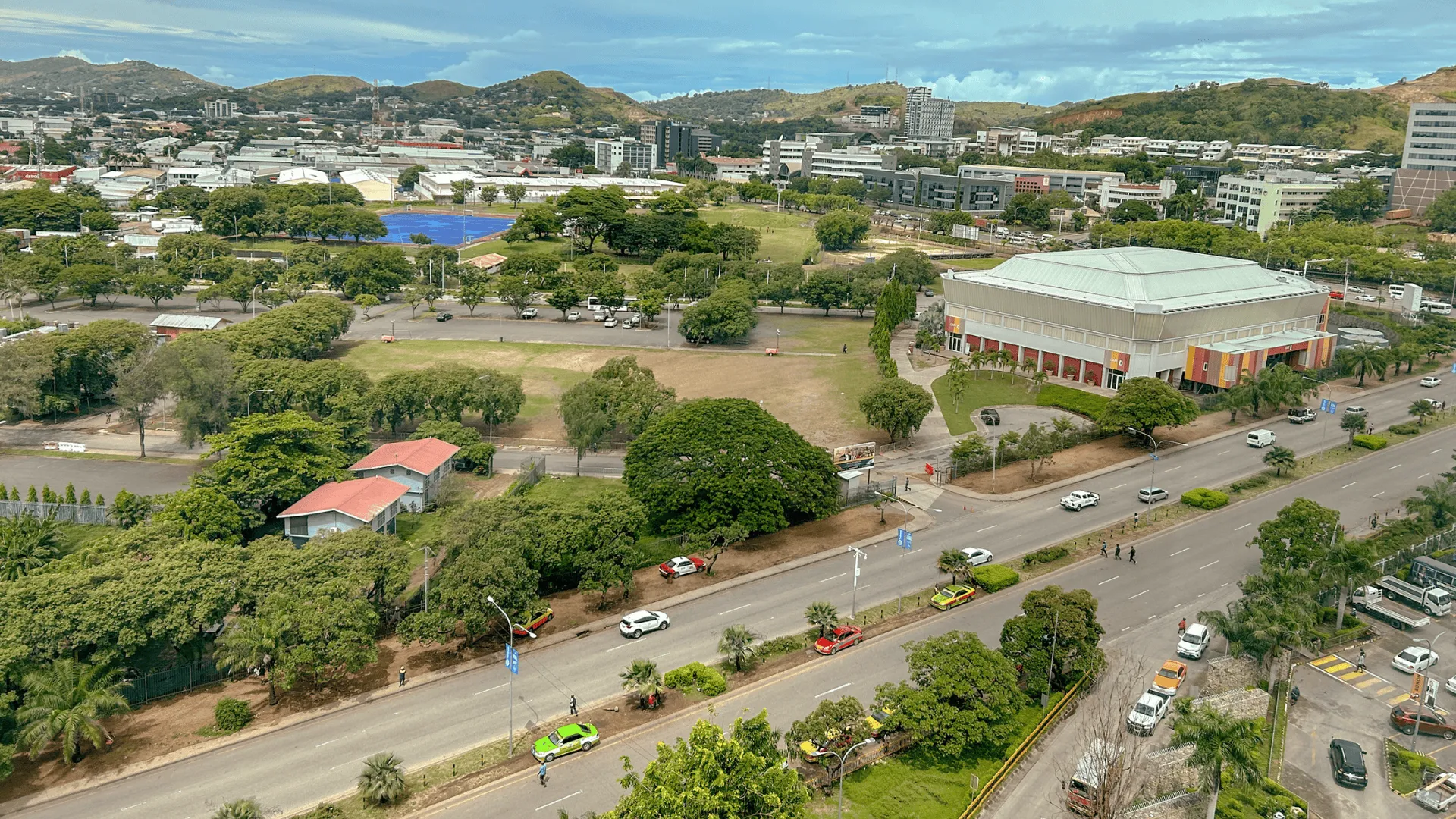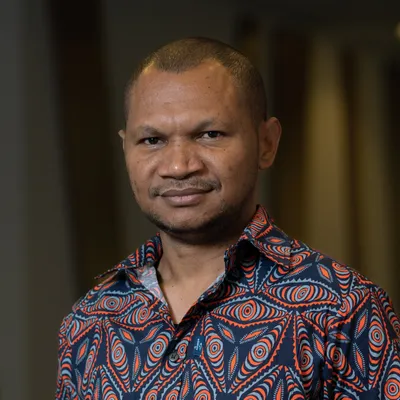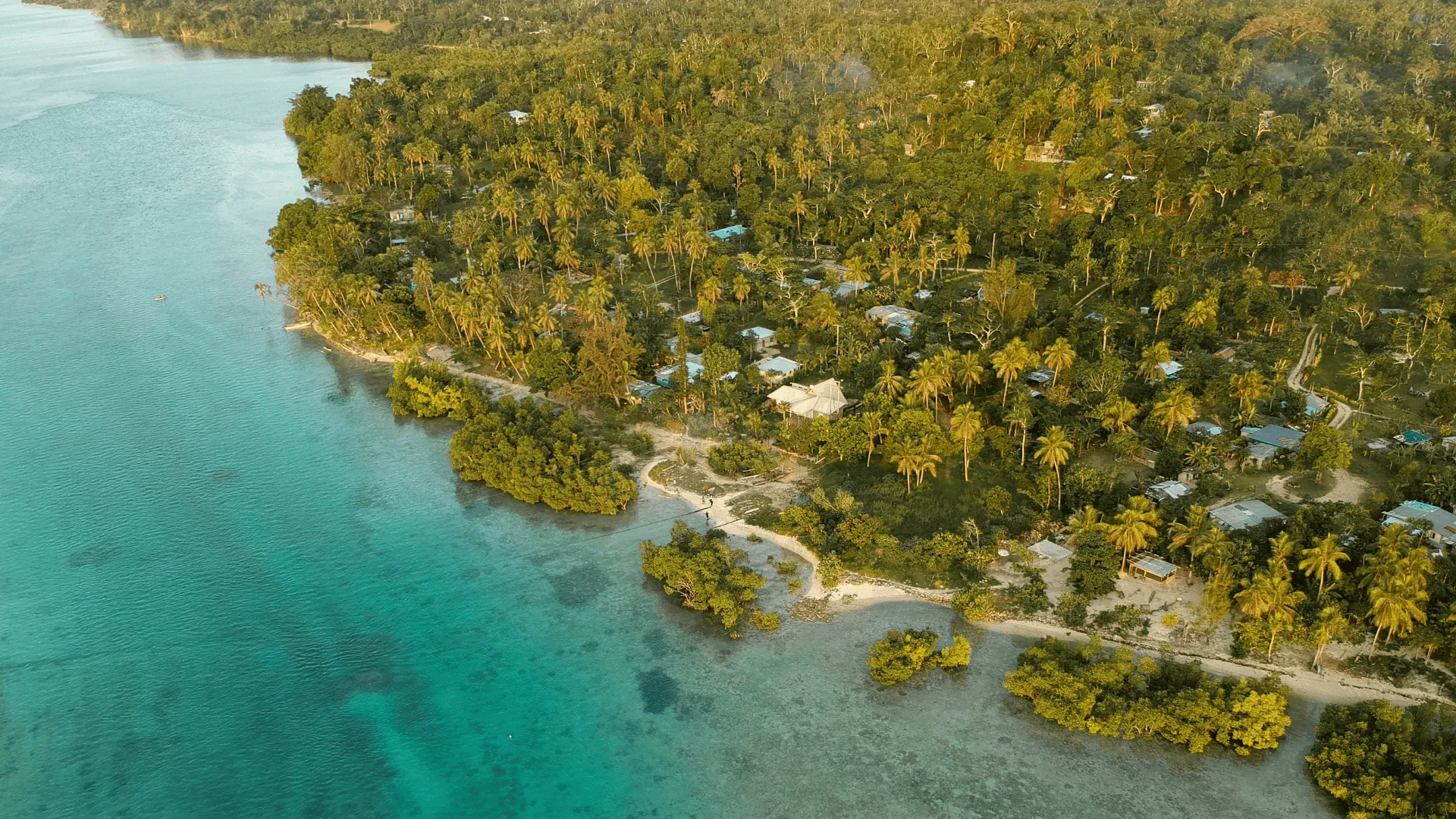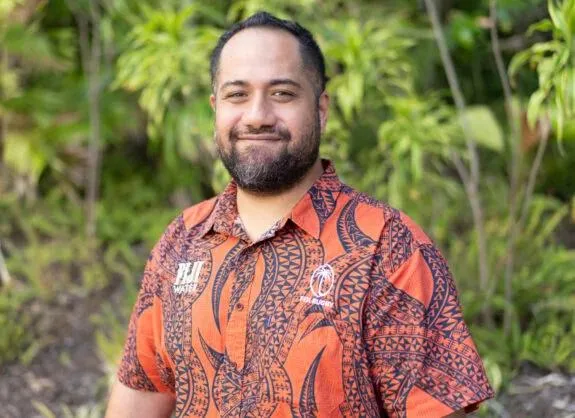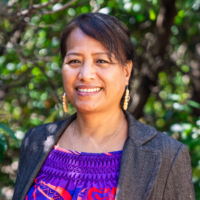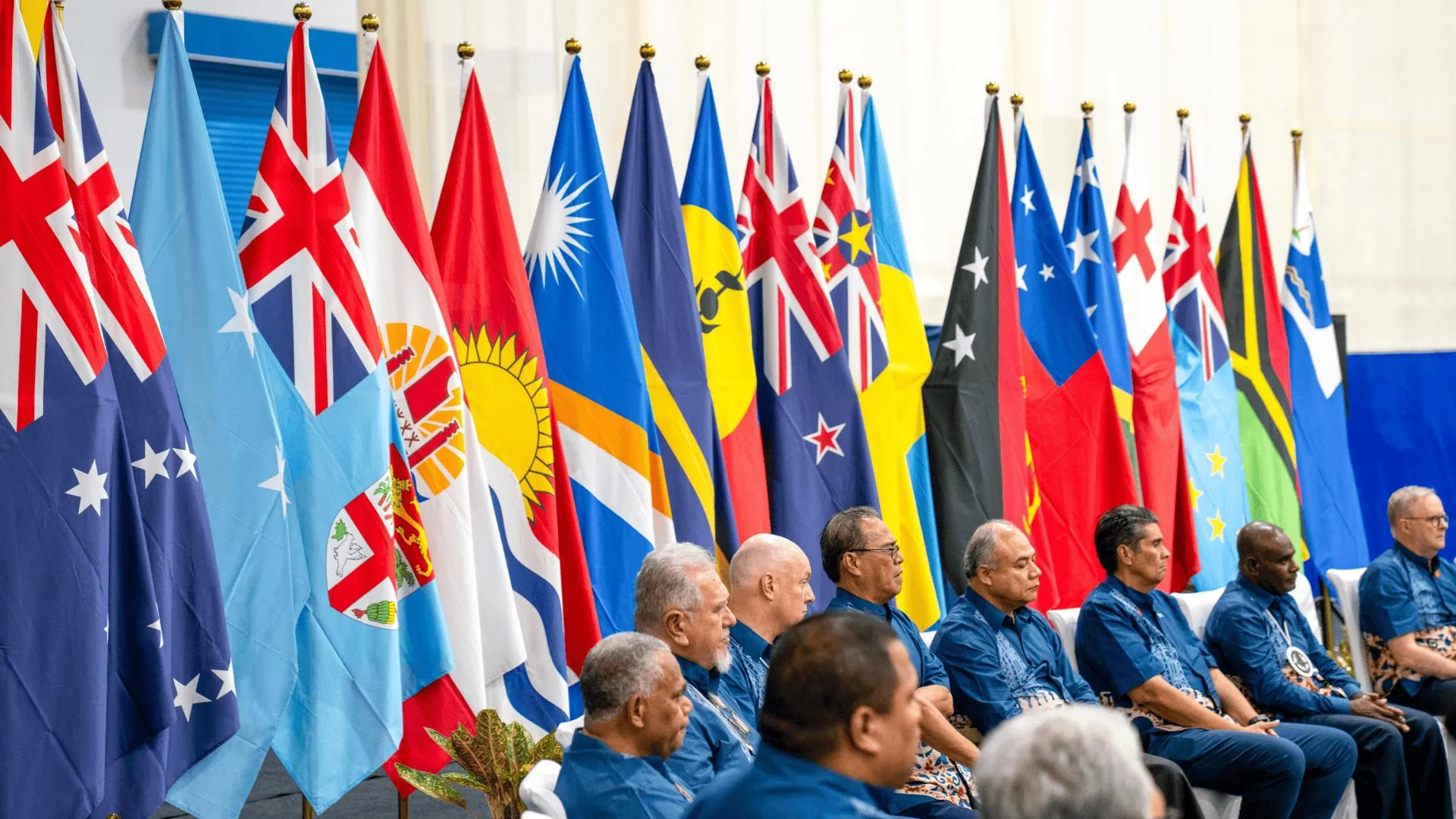Riding the geopolitical wave: lessons from the Pacific’s past
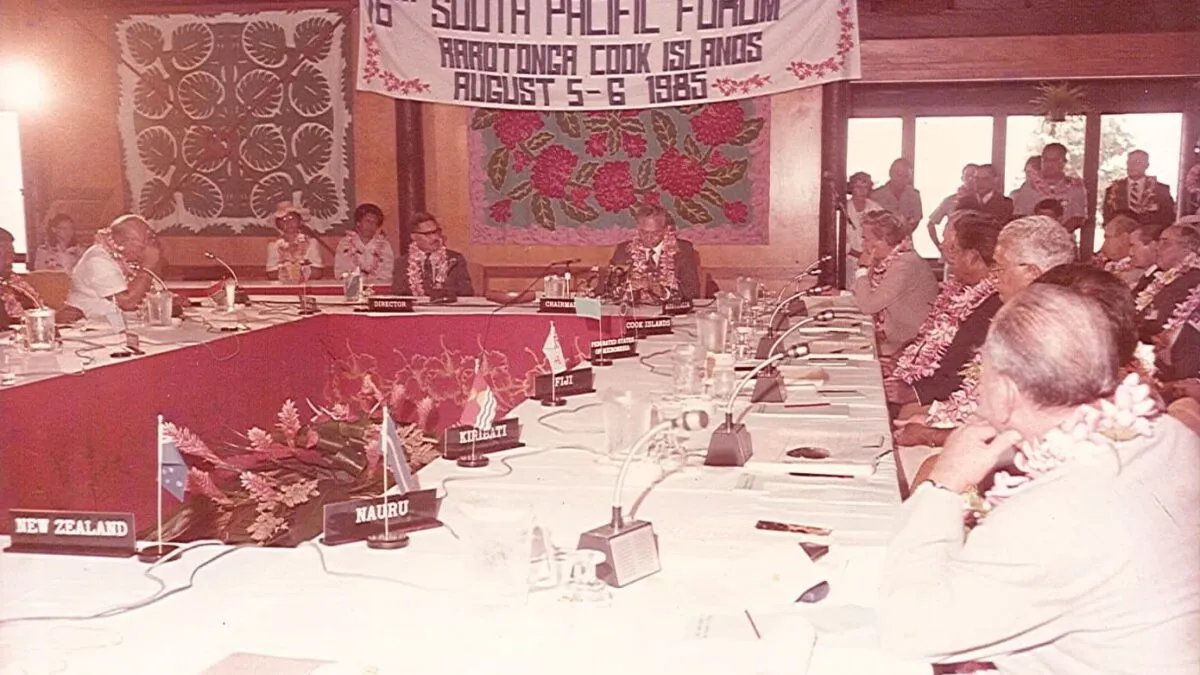
Leaders gather in Rarotonga for the 16th South Pacific Forum in 1985. Photo: Pacific Islands Forum Secretariat
Pacific Islands countries have long ridden the wave of strategic competition, navigating the cross-currents of geopolitics in their favour.
Historically, the Pacific Islands Forum has demonstrated its ability to leverage the Pacific Way and establish regional consensus and norm setting in the pursuit of regional interests such as nuclear testing, decolonisation, fisheries and climate change.
In recent times, the 2050 Strategy for the Blue Pacific Continent has provided a pathway to strengthened regionalism and managing strategic competition, while the Ocean of Peace Declaration articulates the region’s expectations of geopolitical behaviour in its own backyard.
What can we learn from the Forum’s past that can inform Pacific diplomacy in the future and how it might handle geopolitics, maximising opportunity while minimising risk?
Nuclear testing
At the height of the Cold War, French nuclear tests in the Pacific dominated the Forum’s first meetings. Reflecting Pacific civil society views, Leaders demanded an immediate halt to French testing and expressed their outrage when it continued.
The Pacific took nuclear testing to the United Nations General Assembly and the International Court of Justice, securing international support.
The Forum upped the ante when France refused to stop and moved nuclear testing underground, and again when the United States and Japan looked to dispose nuclear waste in the Pacific.
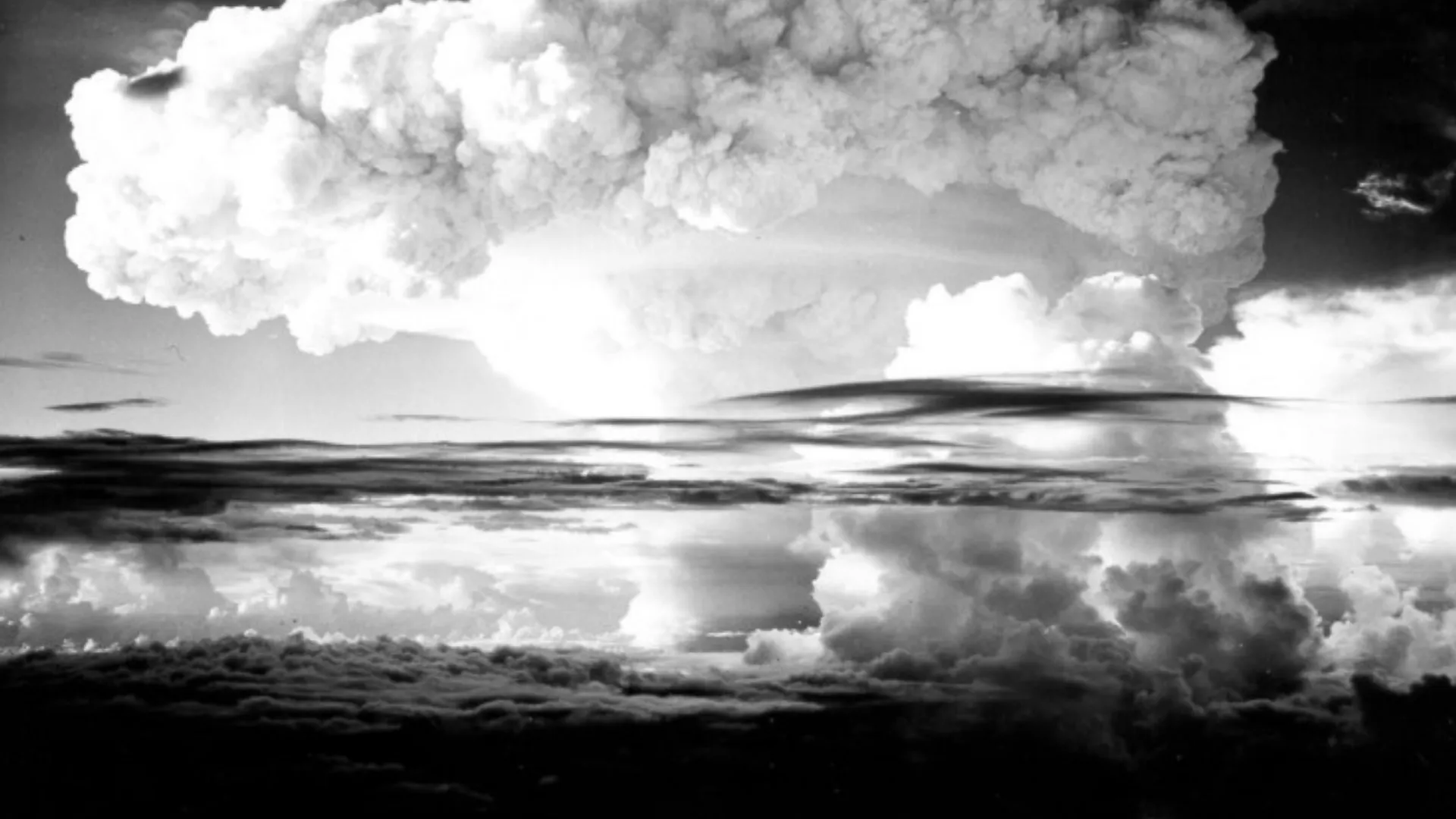
The first test of a hermonuclear weapon (hydrogen bomb), codenamed Ivy Mike, is conducted on Enewetak Atoll in the Pacific in 1952. Photo: US Atomic Energy Commission/Wikimedia Commons
Regional efforts to halt nuclear testing culminated in the 1985 South Pacific Nuclear Free Zone Treaty, also known as the Treaty of Rarotonga. This aligned with the Nuclear Non-Proliferation Treaty review and contributed to momentum towards the Comprehensive Test Ban Treaty, an international agreement prohibiting all nuclear testing.
The Rarotonga Treaty reinforced and leveraged the global disarmament movement, while carefully balancing the establishment of a Pacific nuclear-free zone with the recognition of freedom of navigation and sovereign defence arrangements.
Common themes and approaches in Forum diplomacy emerged from the nuclear years: the role of civil society; the importance of regional consensus; the need for patience and sustained diplomacy; the use of regional norm setting, international law and the United Nations to leverage and reinforce global developments; and the careful balancing of regional and broader interests.
Decolonisation
These same themes were front and centre in how the Forum tackled another early challenge – decolonisation.
Following its establishment in 1971, the Forum steadily expanded membership as countries gained independence. Leaders gave voice to the Pacific’s quest for self-determination, reflecting and amplifying civil society opinion. They played a critical advocacy and accountability role, particularly for Vanuatu, New Caledonia and French Polynesia.
The Forum took a measured, constructive approach, maintaining regional and sub-regional consensus as it leveraged the global decolonisation movement and engaged the United Nations on its own terms.
At the same time Leaders were careful to thread the needle of regional and broader interests. An example of this is the way the Forum recognised Indonesian sovereignty over West Papua while treating Bougainville as an internal matter for Papua New Guinea.
Fisheries
The fisheries sector is another area where the importance of the Pacific way, regional consensus and the region’s ability to leverage international law to secure its rights and interests came to the fore.
In the mid-1970s, the Forum was quick to recognise the strategic potential of 200-mile economic zones in the Law of the Sea negotiations. Leaders stressed the importance of a coordinated regional approach and avoiding unilateral decisions that could harm the region as a whole.
In the following years, the Pacific developed collective approaches to their economic zones, negotiations with distant-water fishing nations, maritime surveillance and regional fisheries management.
Forum countries were also able to leverage the United Nations Convention on the Law of the Sea (UNCLOS) to help reconcile opposing Pacific and US positions on coastal state jurisdiction over highly migratory tuna species as part of negotiations around the South Pacific Tuna Treaty.
The Pacific also leveraged established law to secure the region’s rights and interests in the UNCLOS Implementing Agreement on straddling and highly migratory fish stocks.
The Forum took a similar approach to driftnet fishing, negotiating a regional ban ahead of a global moratorium on large scale driftnet fishing on the high seas.
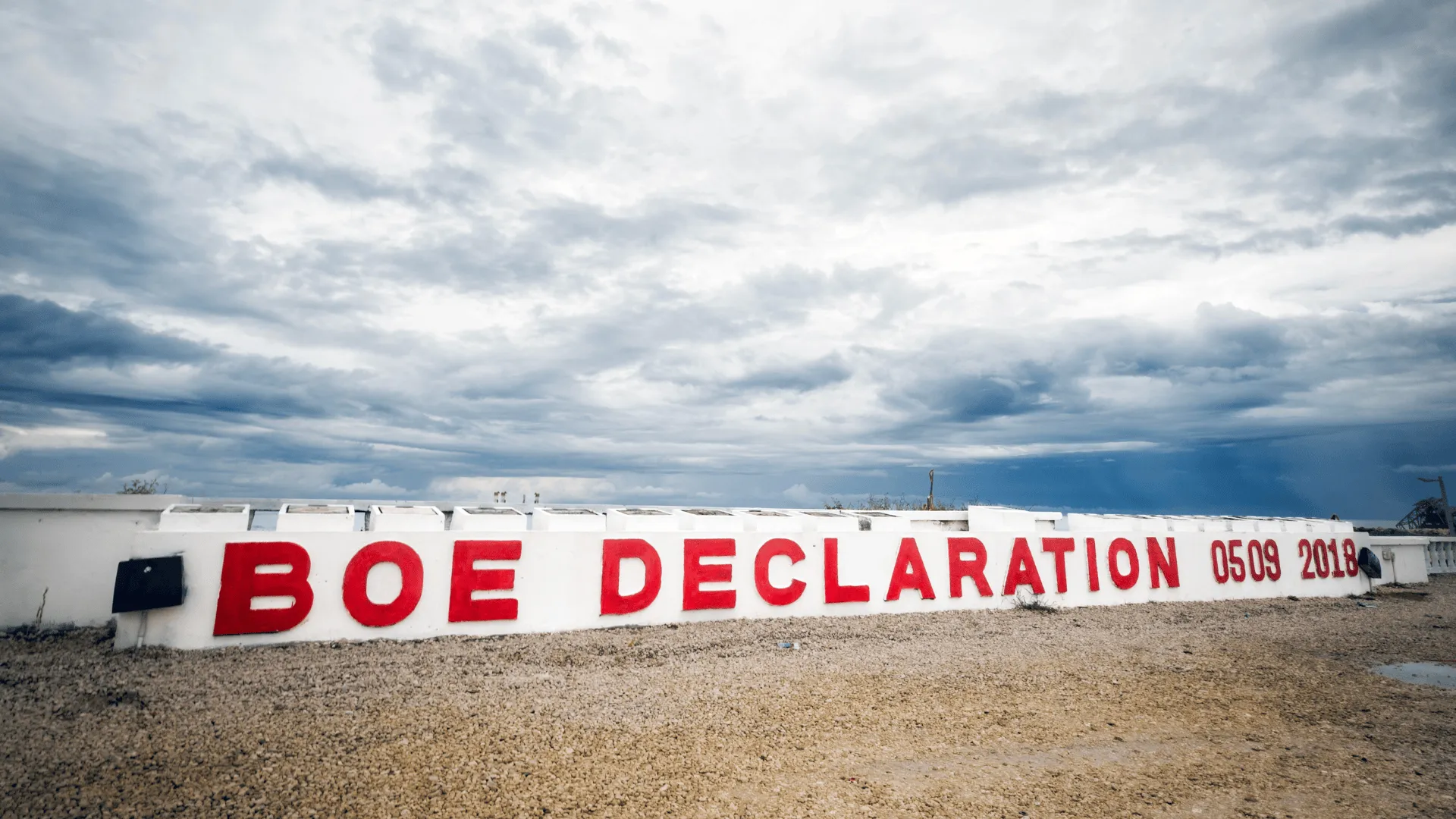
The 2018 Boe Declaration named climate change as the “single greatest threat to the livelihoods, security and wellbeing” of people in the Pacific. Photo: Australian Department of Defence
Climate change
While climate change and sea level rise have been on the Forum agenda since the Rio Summit in the 1990s, the focus sharpened following the 2015 Paris Agreement and amidst growing concern that international climate action would simply not be enough.
In 2018, Leaders declared that climate change was “the single greatest threat to the livelihoods, security and wellbeing of the peoples of the Pacific”.
In the face of this existential threat, the Forum leveraged international law to protect and secure Pacific sovereign rights and interests, proclaiming first the continuity of their maritime zones in 2021, and then their statehood and sovereignty two years later.
As with nuclear testing, advice was sought from the International Court of Justice on states’ obligations to protect people’s rights against the adverse impacts of climate change. The Forum agreed to both a regional framework to manage climate migration and a regional fund to finance climate and disaster resilience.
The Pacific has moved quickly in recent years to protect and secure the region’s climate future, leveraging United Nations and international commitments where possible, and establishing regional norms and practices when they fall short.
In spite of increasing external geopolitical pressures, Leaders have remained united in this existential purpose.
Ben Burdon is a former Australian diplomat and senior public servant.
This is the first in a series of articles exploring lessons learned by the Pacific Islands Forum since 1971. Future instalments will examine the power of the Pacific Way in the face of climate change and geopolitical rivalry, and how the region could work with Australia, the US, China and other powers in the future.
Views expressed via the Pacific Wayfinder blog are not necessarily those of the Pacific Security College.
This article is licensed under a Creative Commons Attribution-NonCommercial-NoDerivatives 4.0 International License (CC BY-NC-ND 4.0). Read our publishing policy.

